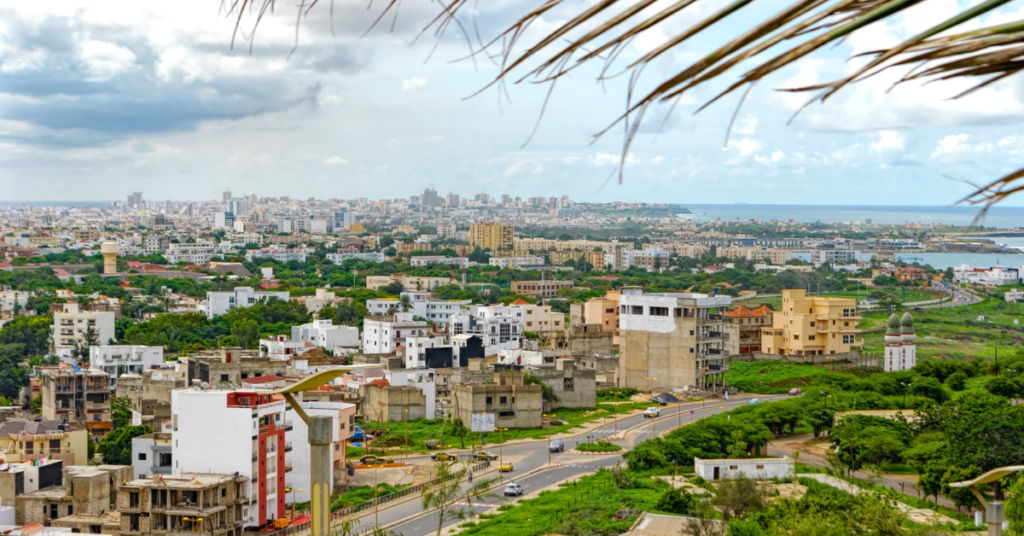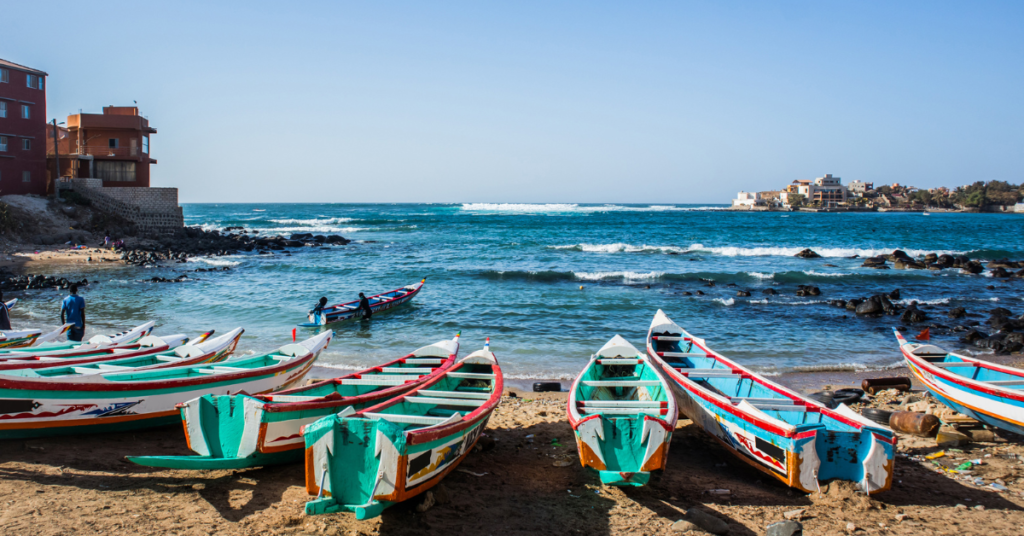What Do I Need To Know Before Going To Senegal? Do you have questions about what to know before traveling to Senegal? Look nowhere else! West African nation of Senegal is renowned for its vibrant culture, hopping markets, and breathtaking natural beauty. It’s crucial to be ready for your trip because there is so much to discover and encounter.
This guide will give you all the information you need, whether you’re a seasoned traveler or a first-time visitor, to enjoy an unforgettable vacation to Senegal. We have you covered for everything from the ideal time to travel to cultural traditions and must-see locations. So put on some sunscreen and get ready for some adventure as we dive into everything you need know before visiting Senegal!

What Do I Need To Know Before Going To Senegal? When to Visit Senegal
The tropical climate of Senegal has two main seasons: the dry season from November to May and the rainy season from June to October. The dry season is the preferred time to travel because the weather is warm and pleasant and there is less rain. The nation’s rivers and waterfalls are flowing freely, and the rainy season might be a great time to travel because the surroundings transform into a lush green paradise.
High and low tourist seasons in Senegal coincide with the dry and rainy seasons, respectively. December to February is the peak season, with many tourists visiting during the Christmas and New Year period. This is also when hotel prices tend to be highest, and popular attractions can be crowded. The low season from June to October offers lower prices, fewer crowds, and a unique opportunity to experience Senegal’s natural beauty at its peak.
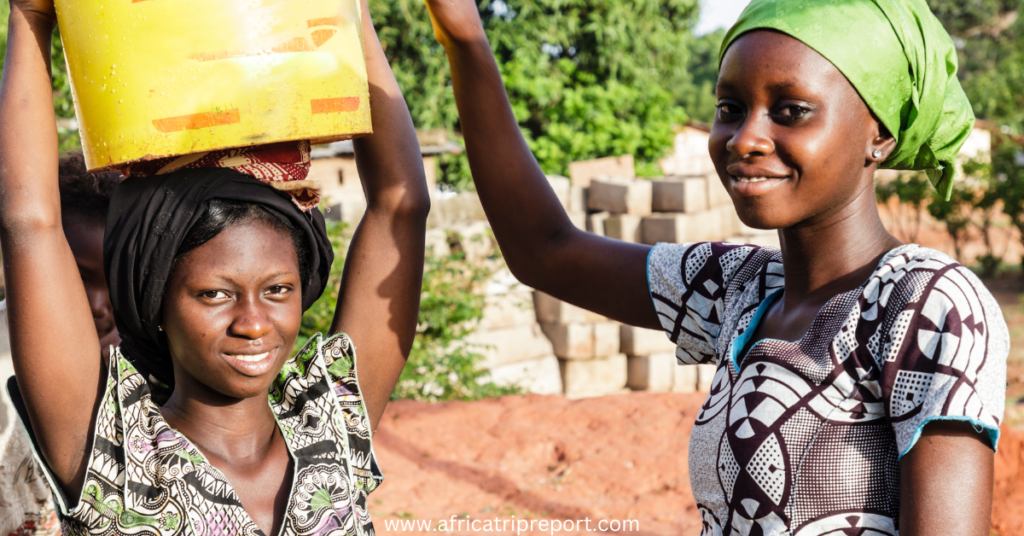
Visitors can schedule their vacation around a number of significant events that take place throughout the year because festivals and events are a significant aspect of Senegalese culture. The Dakar Biennale, a two-year contemporary art exhibition held in Dakar, the nation’s capital, is one of the most well-known events. Other occasions include the Dakar International Festival of Animated Cinema, the Tambacounda Festival of Traditional Music, and the Saint-Louis Jazz Festival. If you’re interested in going, it’s a good idea to look out the dates of these events and make travel arrangements appropriately.
Getting to Senegal
Senegal is a well-liked tourist destination, and the nation is served by a number of international airports. The Blaise Diagne International Airport (DSS), which is the primary airport, is situated about 50 kilometers from Dakar. Additional airports include the Ziguinchor Airport (ZIG) in the Casamance district and the Léopold Sédar Senghor International Airport (DKR) in Dakar.
Most nationals need a visa to enter Senegal, which can be obtained through a Senegalese embassy or consulate overseas. A valid passport, a passport photo, and documentation of your travel plans are typically required in order to apply for a visa. Reviewing the visa laws and procedures is essential when planning travel arrangements to ensure you have enough time to obtain the necessary documentation.
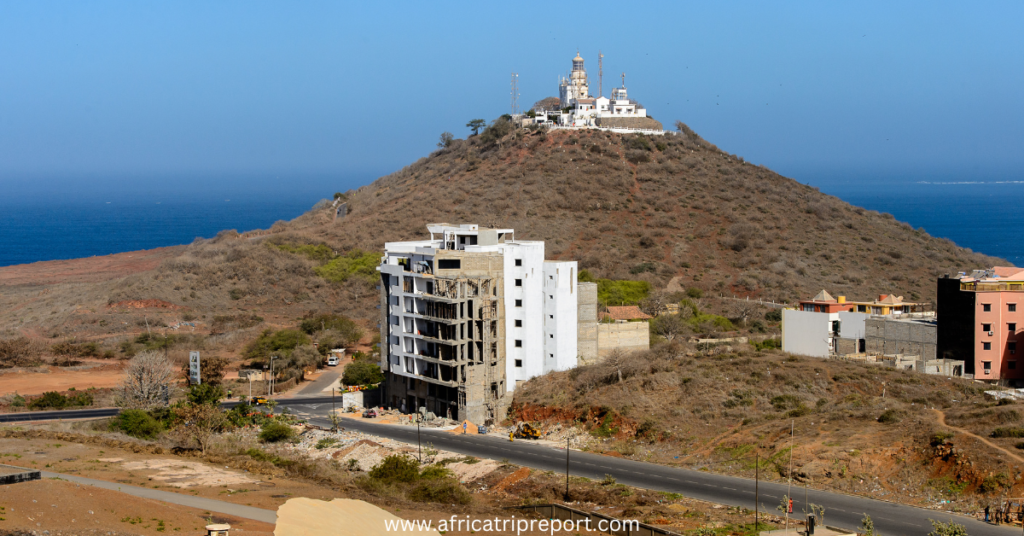
Health and safety considerations should also be taken into account when planning a trip to Senegal. Vaccinations for yellow fever, hepatitis A and B, and typhoid are recommended for travelers, and anti-malaria medication may also be necessary depending on your itinerary. It’s also important to take precautions against mosquito bites and to practice good hygiene to avoid illness.
In terms of safety, Senegal is generally a safe country for tourists. However, it’s important to exercise caution in crowded areas and to be aware of your surroundings, especially at night. Petty crime such as pickpocketing and theft can occur in tourist areas, so it’s important to keep your valuables secure and to avoid flashing expensive items. It’s also advisable to use reputable transportation and to avoid walking alone at night in unfamiliar areas.
Culture and Customs
Senegal is a country with a rich and varied culture, influenced by its history and its different ethnic groups. Consider the following major aspects of Senegalese culture and customs when you go:
- Language and communication: Wolof, the majority-spoken language in Senegal, is also extensively spoken there. Nonetheless, French is the official language. As Wolof and English are not widely spoken, learning a few fundamental words in both languages will be helpful for communication.
- Traditional attire and etiquette: Senegalese people take tremendous interest in their appearance and frequently dress formally for special occasions. The boubou, a long, flowing garment worn by both men and women, and the kaftan, a loose-fitting tunic, are examples of traditional apparel. Dress modestly and cover your head when entering mosques or other places of worship.
- Food and drink culture: Senegal has a rich and diverse culinary tradition, with influences from West Africa, Europe, and the Middle East. Some popular dishes include thieboudienne, a rice and fish dish considered the national dish of Senegal, and yassa, a spicy chicken or fish dish. Senegal is also known for its sweet treats, such as bissap juice, made from hibiscus flowers, and thiakry, a sweet couscous pudding. It’s common to eat with your hands in Senegal, but utensils are also available. It’s also customary to share food with others and to offer a drink or snack as a gesture of hospitality.
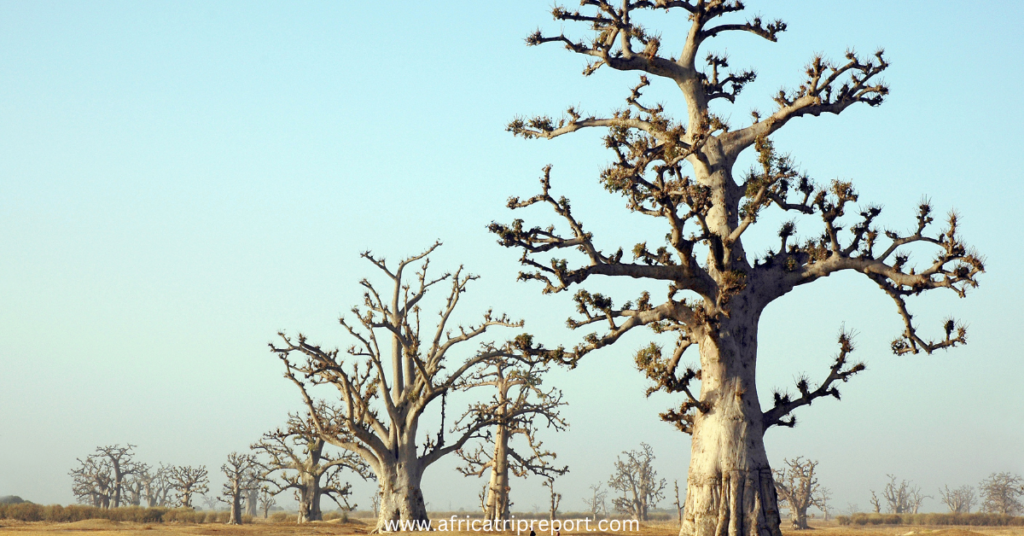
Top Destinations to Visit
Senegal has a wide range of tourist attractions, from bustling towns to breathtaking natural landscapes. Here are some popular places to think about including on your itinerary:
- Dakar, the capital of Senegal, is a flourishing city with a rich culture and a long history. Among of the city’s most well-known landmarks include the African Renaissance Monument, the Dakar Cathedral, and the Dakar Grand Mosque. Tourists can enjoy the thriving music scene in addition to the markets’ vibrant colors and the mouthwatering local cuisine.
- Gorée Island: Located just a short ferry ride from Dakar, Gorée Island is a UNESCO World Heritage Site with a dark past. It was once a major center for the transatlantic slave trade, and visitors can explore the island’s museums and monuments to learn more about its history. The island also has a charming atmosphere, with colorful houses, narrow streets, and beautiful views of the sea.
- Sine Saloum Delta: This natural wonder is a vast network of rivers, islands, and mangrove forests, teeming with wildlife and birdlife. Visitors can take a boat tour to explore the delta’s many channels and discover hidden villages and fishing communities.
- Saint-Louis: A historic city with a significant cultural legacy, Saint-Louis is situated in the northern part of Senegal. A distinctive fusion of African and European elements may be found in this place, which was previously the capital of French West Africa. The dynamic music scene in the city, which is centered on the traditional instrument known as the sabar, can be experienced by visitors together with colonial architecture exploration, a trip to the Musée de Saint-Louis, and other activities.
These are only a few of the numerous places in Senegal that are interesting to visit. Whatever your historical, cultural, or environmental interests may be, this fascinating nation has something to offer you.
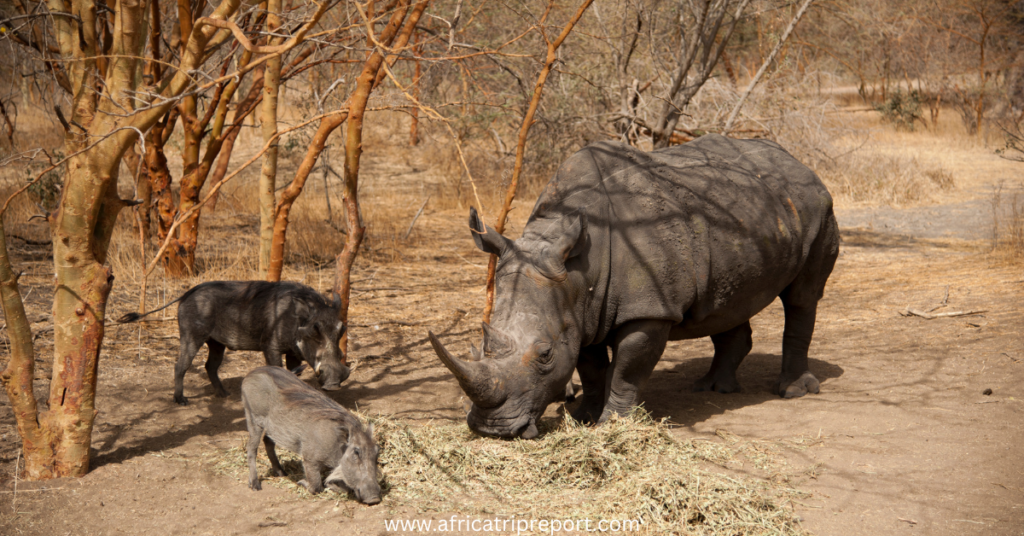
Activities and Experiences to Try
Senegal offers a wide range of enjoyable experiences and activities. On your agenda, you might want to include the following well-liked events and activities:
- Wildlife safaris and nature tours: Senegal is home to a wealth of wildlife, including lions, elephants, hippos, and many species of birds. Visitors can take a safari tour to explore the country’s national parks and reserves, such as Niokolo-Koba National Park and the Djoudj National Bird Sanctuary.
- Beach activities and water sports: With over 500 km of coastline, Senegal has some beautiful beaches to explore. Visitors can swim, sunbathe, and try their hand at water sports such as surfing, kiteboarding, and windsurfing. Popular beach destinations include Saly, Somone, and the Cap Skirring.
- Festivals of art and music: Senegal has a flourishing arts and culture scene, with a lot of festivals and events all year long. The Saint-Louis Jazz Festival is super famous, and it takes place in May and attracts musicians from all over the world. Two further notable events are the Tambacounda Festival of Traditional Music and the Dakar Biennale, a festival of contemporary art.
- Local markets and street food: Senegal’s markets are a hub of activity, with vendors selling everything from fresh produce to handmade crafts. Visitors can browse the colorful stalls, haggle for souvenirs, and sample local street food such as thiéboudienne, grilled meat skewers, and bissap juice.
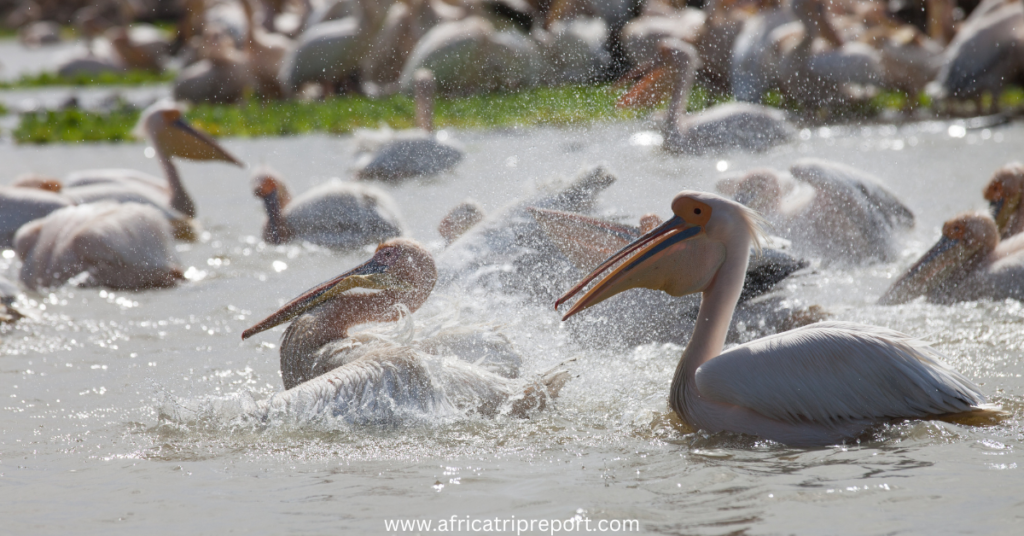
Practical Tips for Travelers
Going abroad might be thrilling, but it can also present its share of difficulties. Here are some helpful hints to assist you have the easiest and most pleasurable journey possible to Senegal:
- Currency and money matters: The currency in Senegal is the West African CFA franc (XOF), which is used in many other countries in West Africa as well. ATMs are widely available in major cities and towns, but it’s a good idea to carry some cash with you for smaller purchases. Credit cards are accepted in some establishments, but not all, so it’s a good idea to check ahead of time.
- Transportation options and tips: Senegal has a variety of transportation options, including buses, taxis, and car rentals. Public transportation can be crowded and unreliable, so it’s often best to hire a taxi or car rental for longer trips. It’s also a good idea to negotiate prices ahead of time. If you’re planning on driving, keep in mind that traffic in Senegal can be chaotic, and road conditions outside of major cities can be challenging.
- Accommodation options and recommendations: Senegal has a range of accommodation options to suit different budgets and preferences. In major cities, you’ll find international hotel chains as well as guesthouses and bed and breakfasts. Outside of major cities, options may be more limited, but you’ll still find a variety of guesthouses and eco-lodges. It’s a good idea to book ahead of time, especially during high tourist season.
- Safety precautions and emergency contacts: Senegal is generally a safe country, but it’s always a good idea to take precautions when traveling. Avoid displaying valuables in public, and be aware of your surroundings, especially at night. In case of emergency, the number to call is 17 for police, 18 for fire, and 15 for medical emergencies.

Bottom Line
Senegal is a vibrant and fascinating travel destination with a rich history, culture, and natural beauty to discover. Everyone may find something to enjoy in this West African nation, which features everything from the lively cities of Dakar to the serene Sine Saloum Delta.
Whether you’re interested in wildlife safaris, beach activities, or cultural festivals, Senegal offers a diverse range of experiences and activities to enjoy. With practical tips on transportation, accommodation, and safety, you’ll be well-prepared for your trip to Senegal and ready to immerse yourself in all that this country has to offer.
So if you’re looking for a unique and unforgettable travel experience, consider adding Senegal to your list of destinations. You won’t be disappointed!
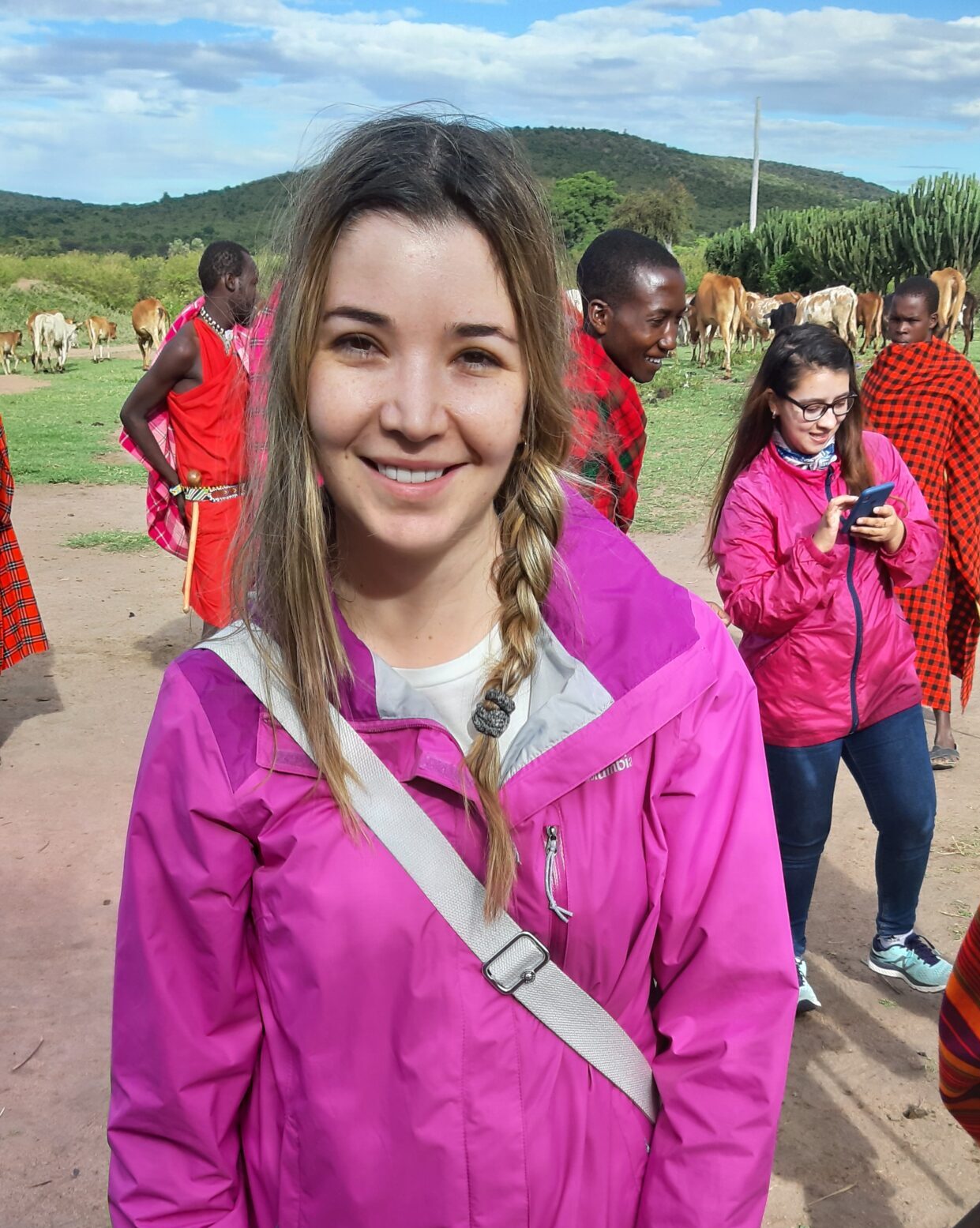
I’m a total Africa enthusiast! I’ve been exploring this amazing continent for years and I can’t get enough of its diverse cultures, stunning landscapes, and incredible wildlife. From hiking through the savannahs to sampling local cuisine, I’m all about immersing myself in everything Africa has to offer. I’m constantly on the lookout for new and exciting experiences, and I love sharing my passion and knowledge with fellow travel lovers. If you’re looking for an adventure like no other, Africa is the place to be, and I’m here to help you make the most of it!




